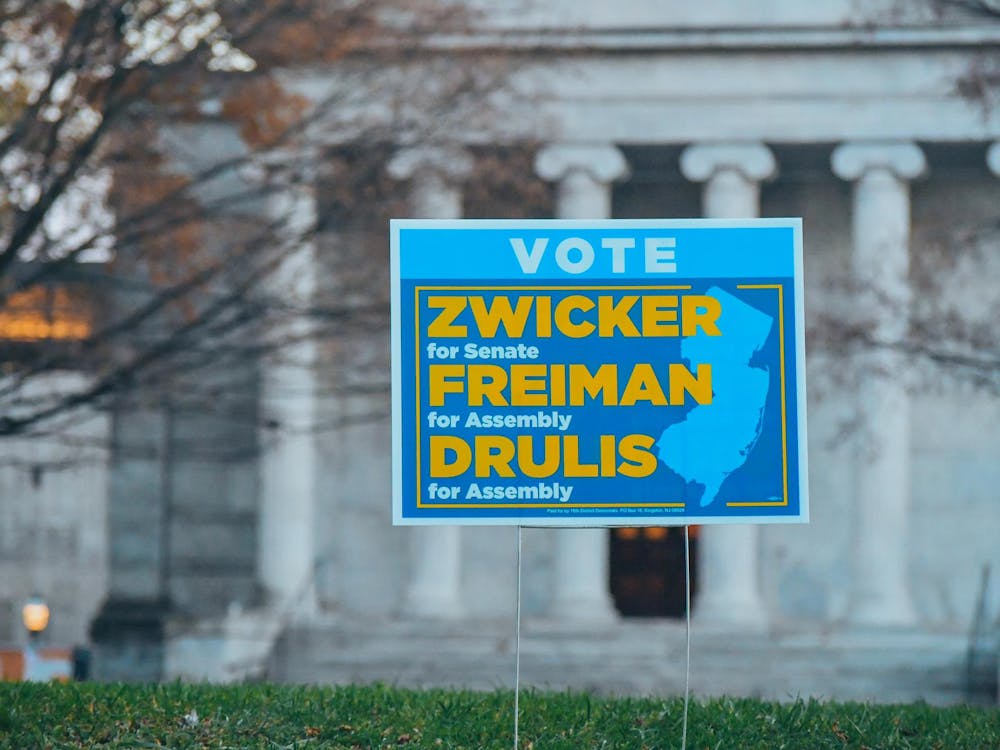Effective Sept. 1, University students now pay only $10 for visits to medical specialists if they are covered by Princeton's student health plan.
Previously, if a student was referred to and treated by a specialist outside the McCosh Health Center, he or she would pay a deductible and 20 percent of the bill — costs which sometimes reached $250, according to Dr. Pamela Bowen, director of health services. The University would pay the remaining 80 percent.
But as a result of a program sponsored by McCosh, the University has instituted a "co-pay" program to reduce the cost of some medical care for students.
For a student to qualify for this flat $10 rate, he or she has to have been referred by a health care provider at McCosh and be enrolled in the University's student health plan, Bowen said.
All students have the option to be covered by the University health plan when they enroll at Princeton, but some choose alternate plans.
In addition, the specialist must be a member of UnitedHealthcare — a health benefits company.
According to Bowen, the majority of physicians to which McCosh refers its patients are members of the network.
If a student is referred to a doctor not a part of the UnitedHealthcare network, that student will pay for care through the original health plan, University assistant treasurer Laurel Harvey said.
McCosh offers a range of medical services, including gynecological examinations and sports medicine counseling. The facility averages 2.5 visits per student per year.
But the health center physicians and staff must sometimes refer patients to health specialists because McCosh is not equipped to provide some key medical services. Serious cases that might require an MRI or hospitalization typically are handled outside McCosh, according to Bowen.
Bowen said McCosh officials began pursuing a co-pay plan during the last few years to help reduce the financial burden of often-costly medical treatment. "We wanted to be able to meet the students' needs at as low a cost as possible," she said.
University employees already receive medical coverage under the UnitedHealthcare network, and Bowen said McCosh officials have had positive experiences with that company.

"We know these doctors," Bowen said. "The UnitedHealthcare network is very responsive, cooperative and quick."
As in previous years, McCosh will use revenue from students' insurance premium payments to finance the co-pay program, Harvey said. In addition, the University will receive discounted service under the UnitedHealthcare network. These savings will likely offset the cost to the University of the new medical plan, she explained.
Bowen said she and other McCosh officials would be monitoring the cost of the new program to ensure that a spending deficit does not develop. "In a couple of years, we will examine how things are going financially and, if necessary, modify the plan," she said.
According to spokesmen from Harvard and Yale, their health centers use the medical schools at those institutions to provide more specialized medical care to students at a subsidized cost.
Princeton, however, does not have a medical school and thus had to pursue an alternative medical plan, Bowen said. Nevertheless, she said she believes the University's program is "one of the best in the country."
"We're very pleased," Bowen said. "We've been pushing for this for so long and now we've finally got it in place."








